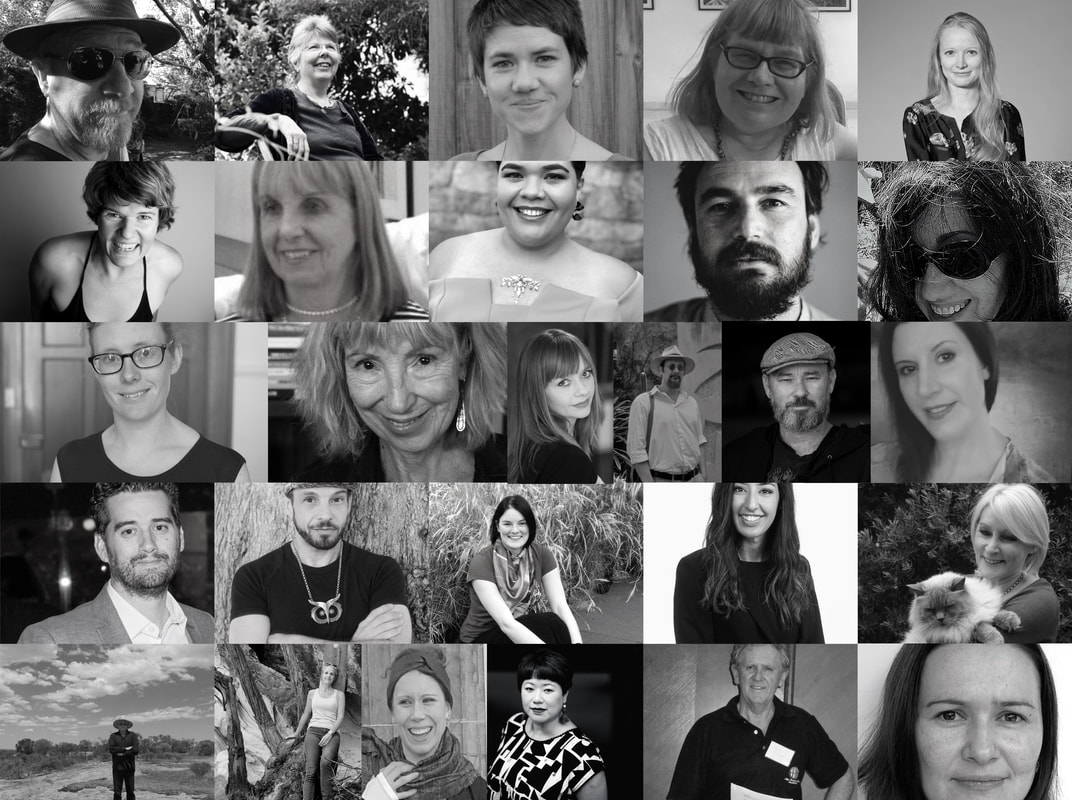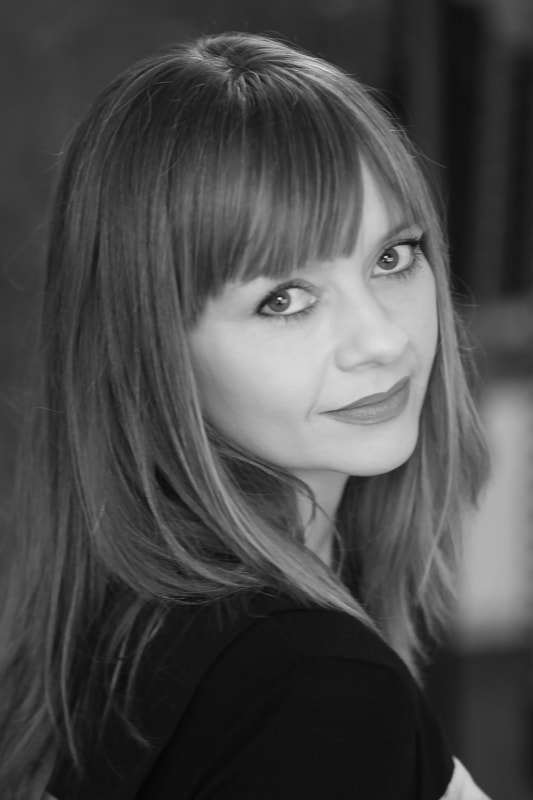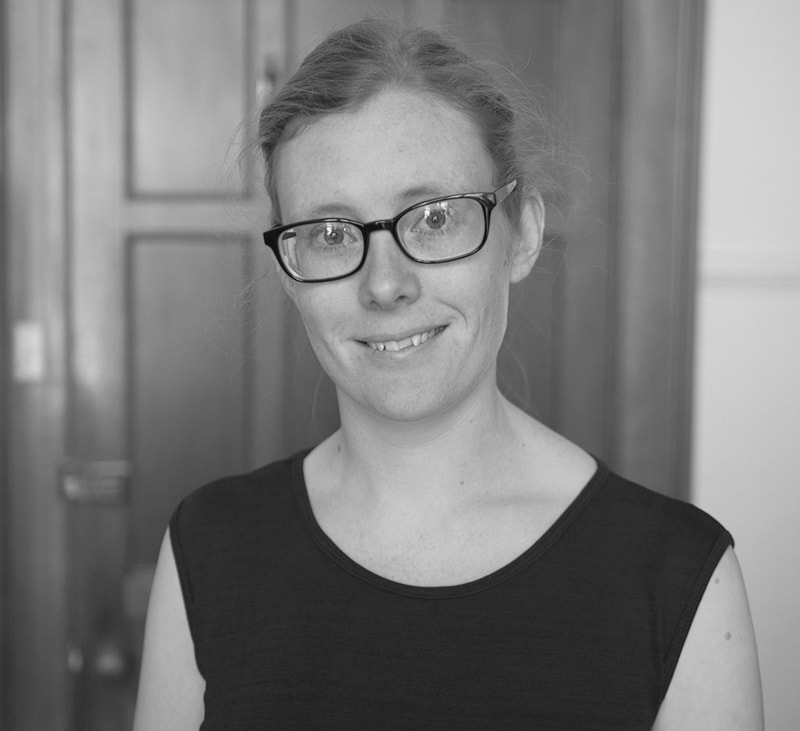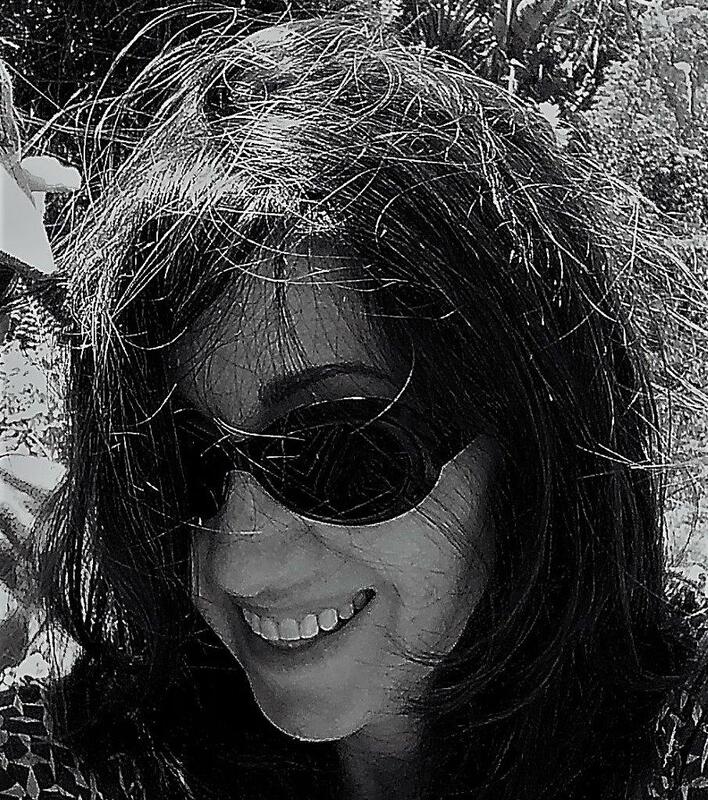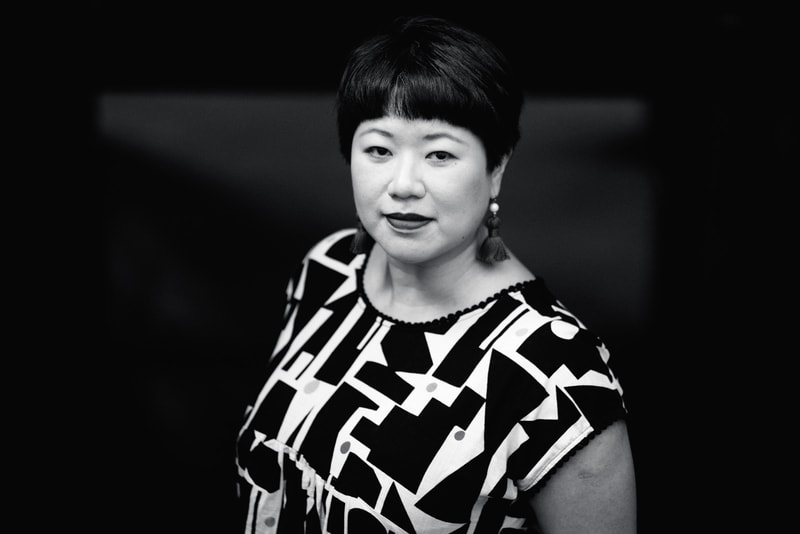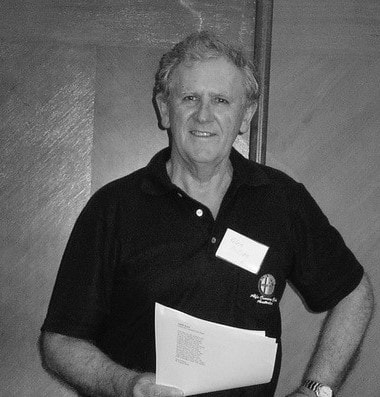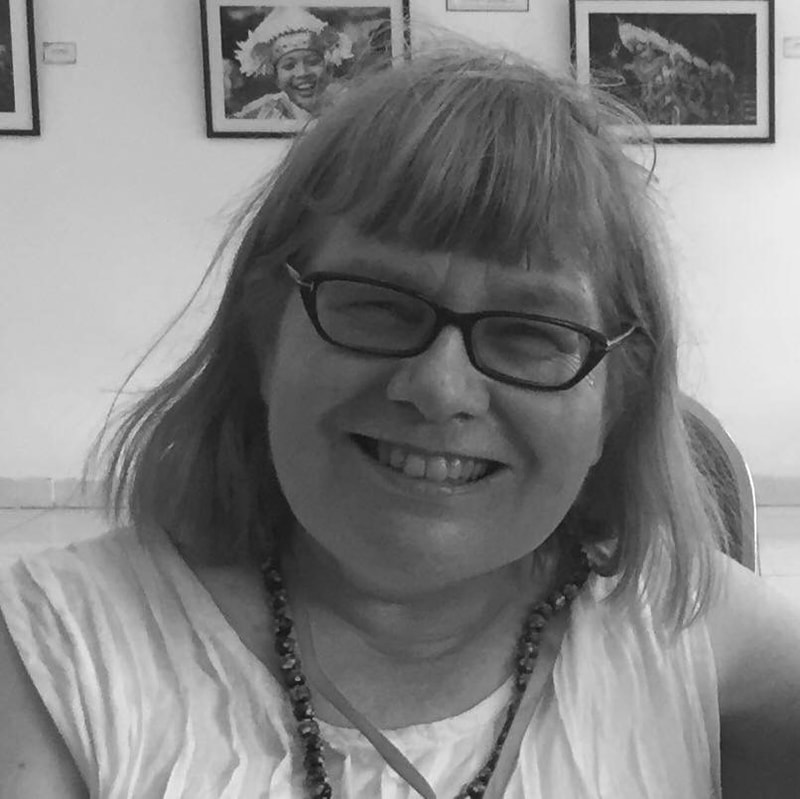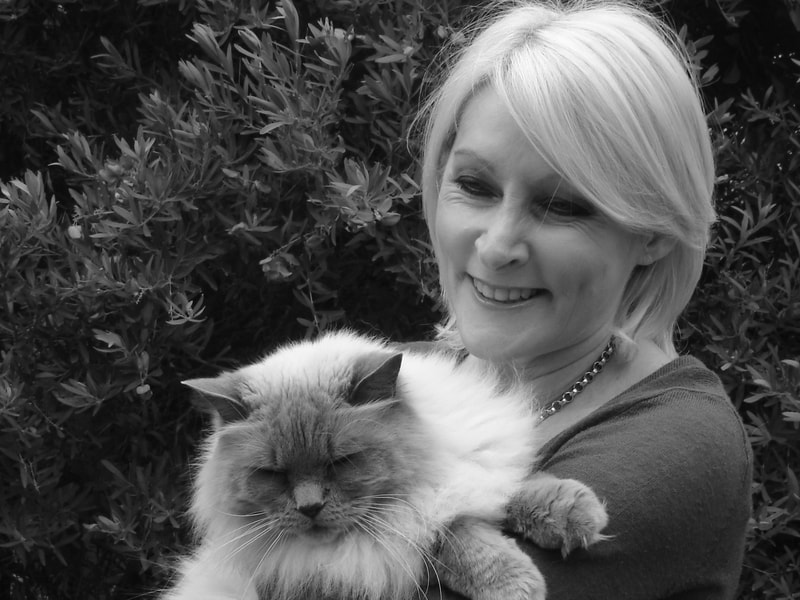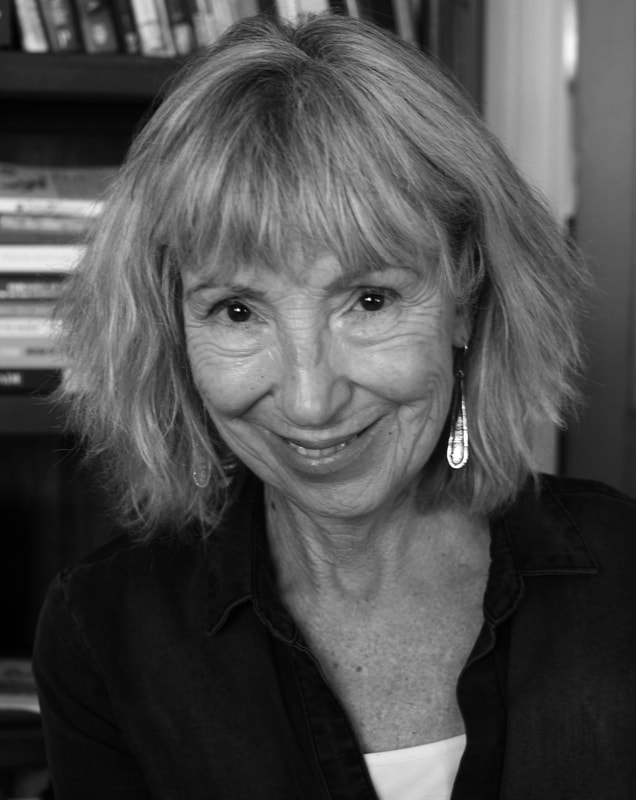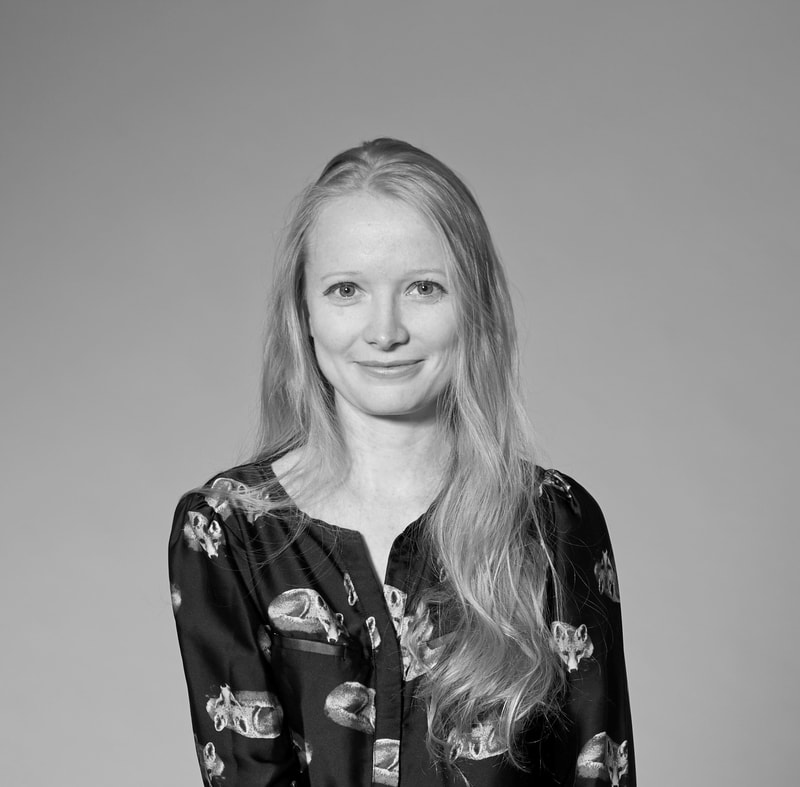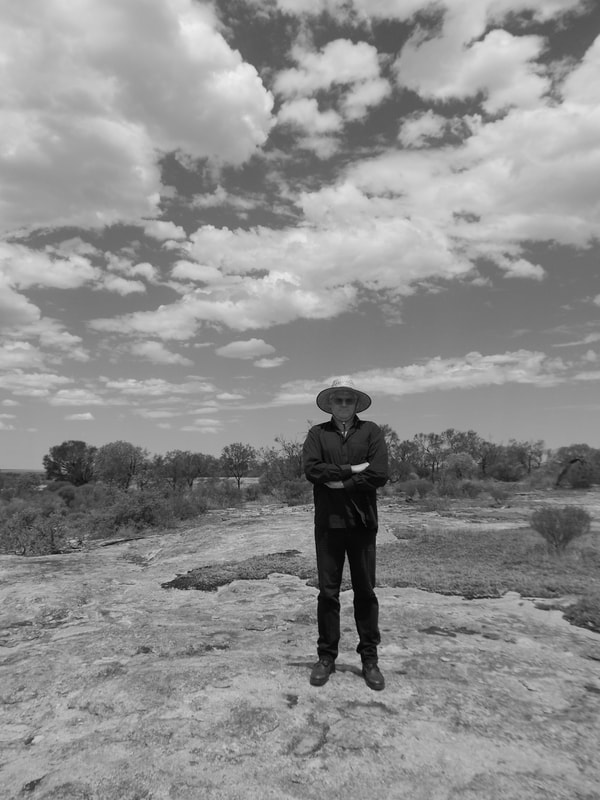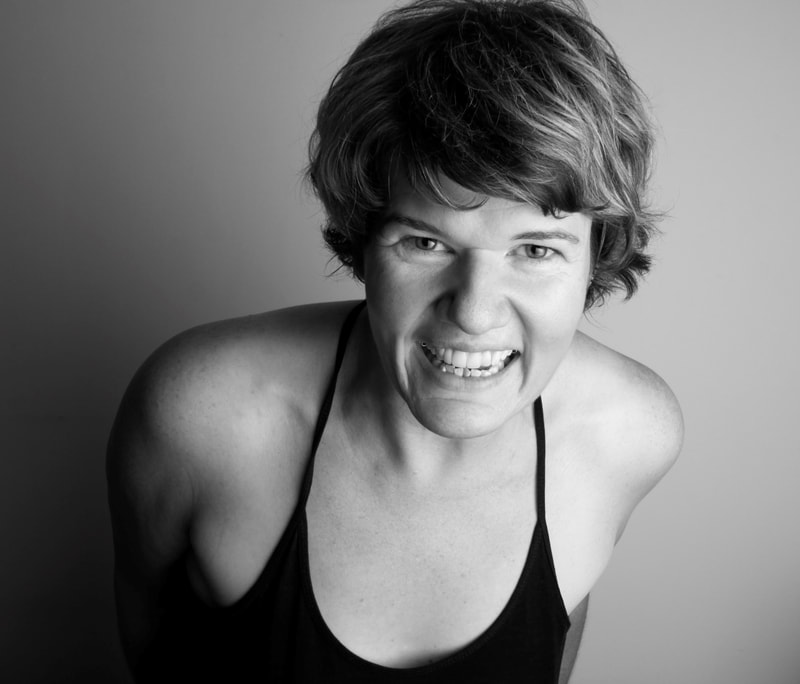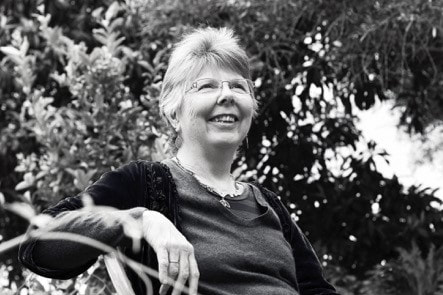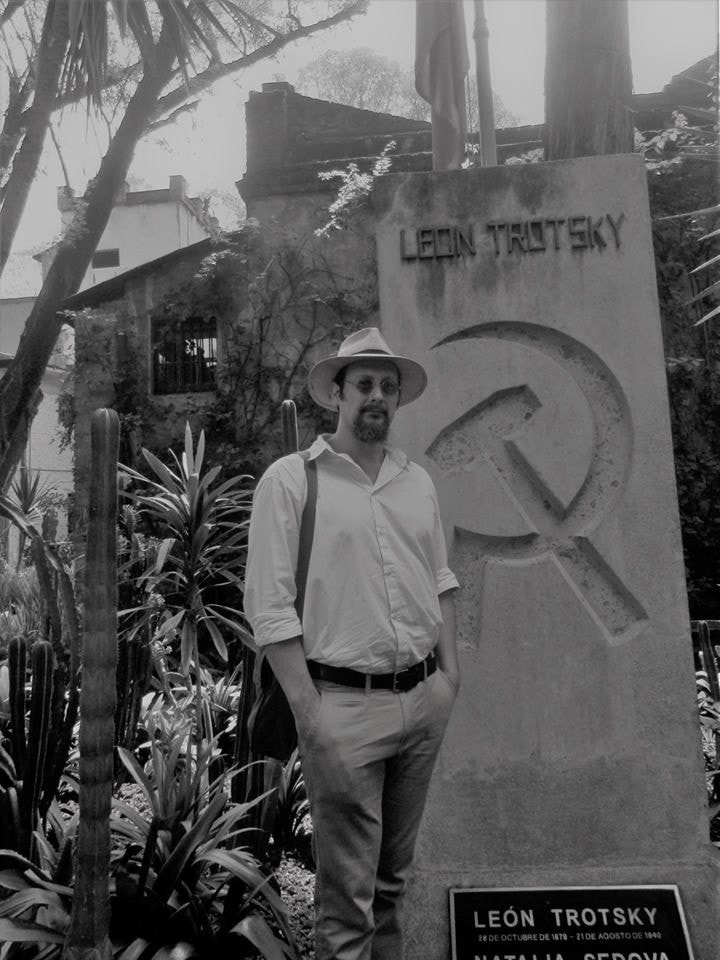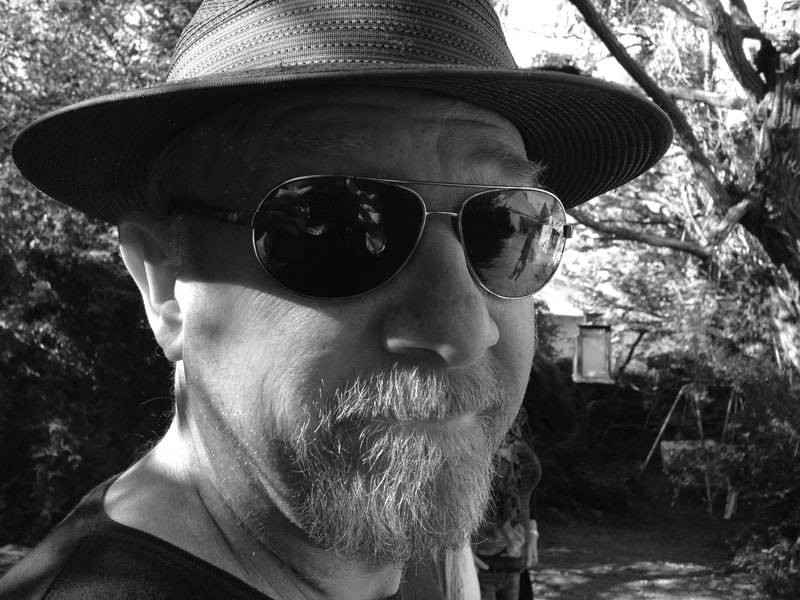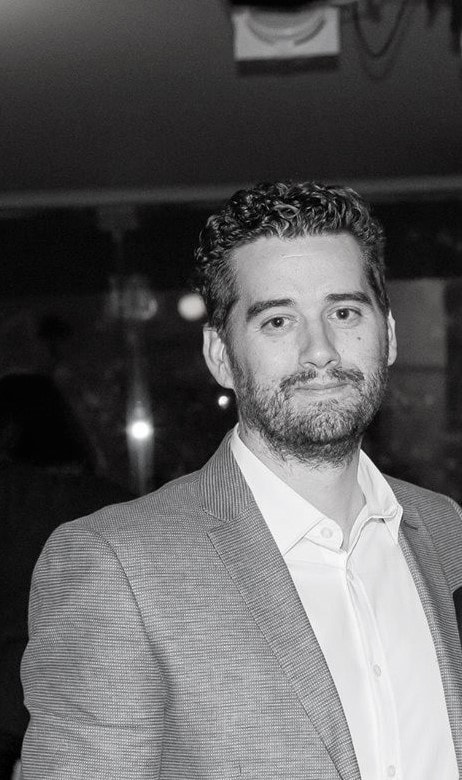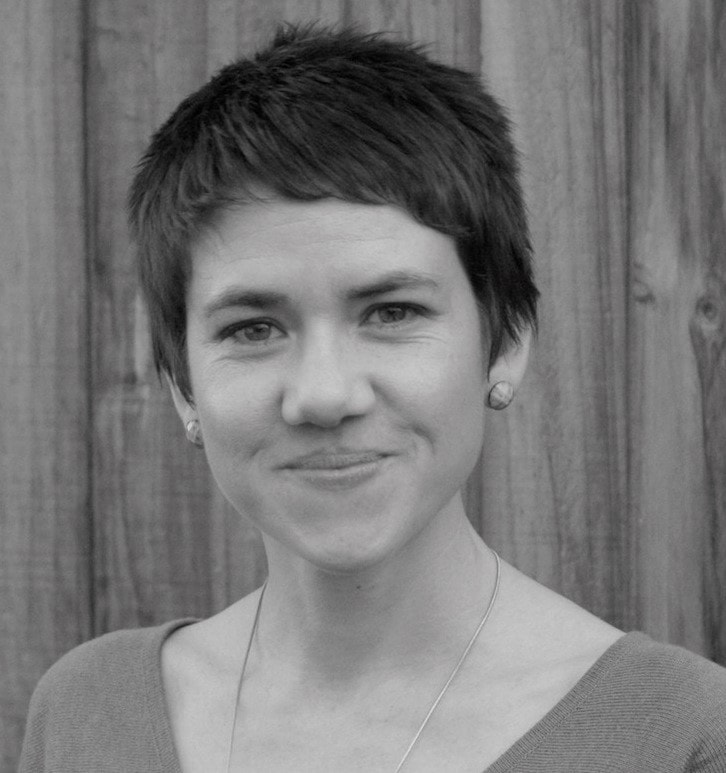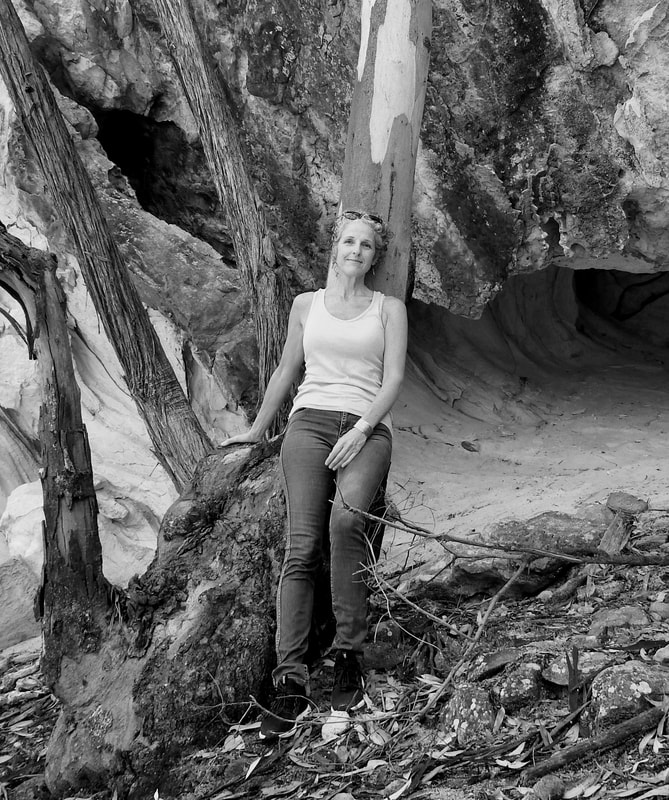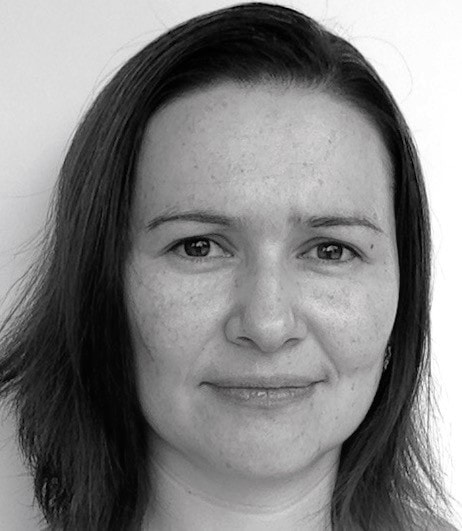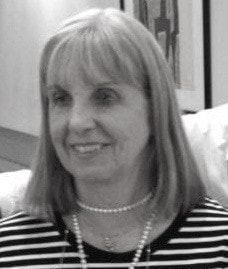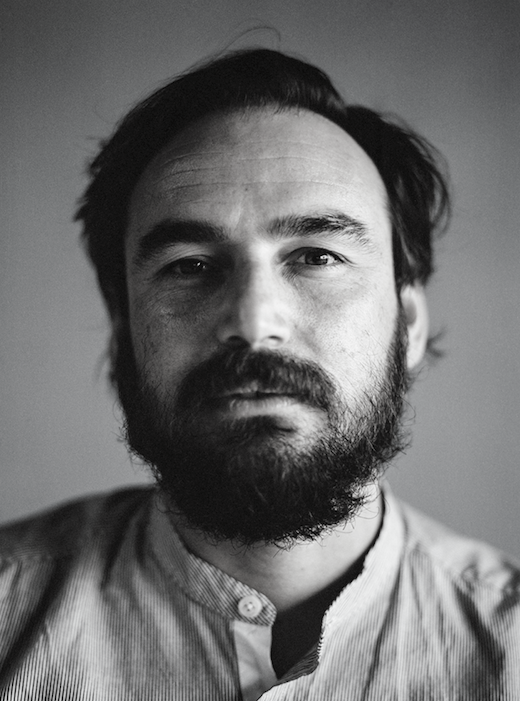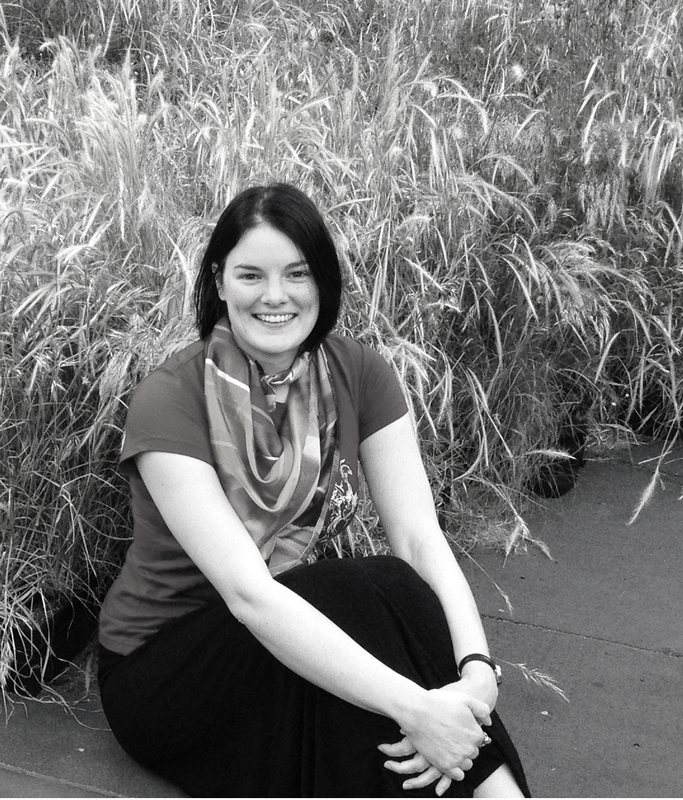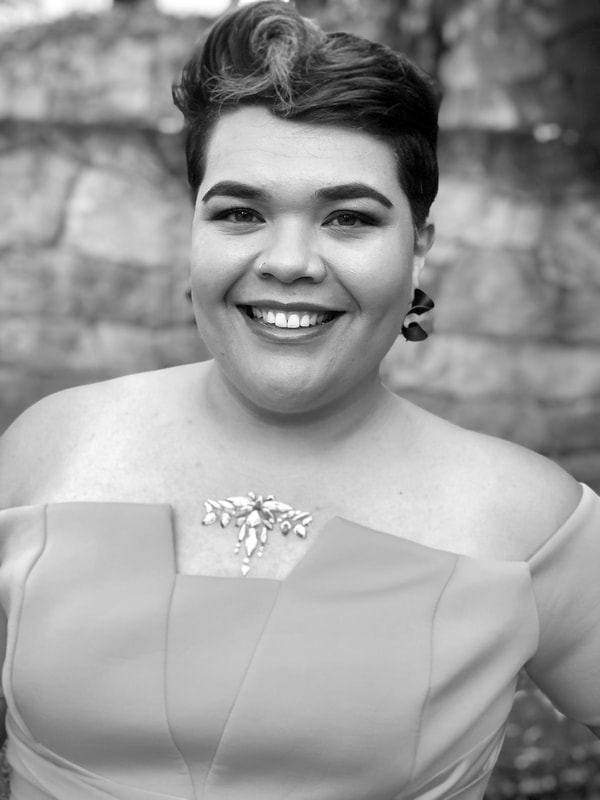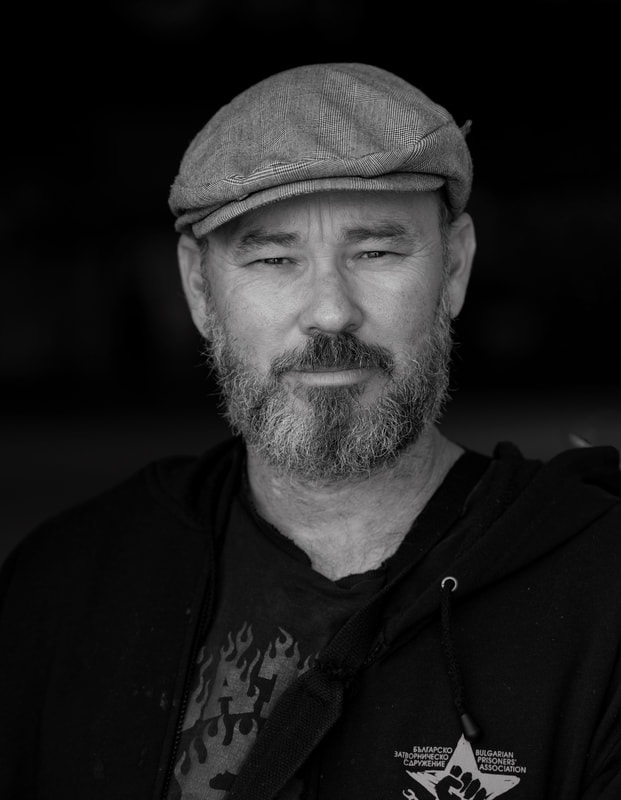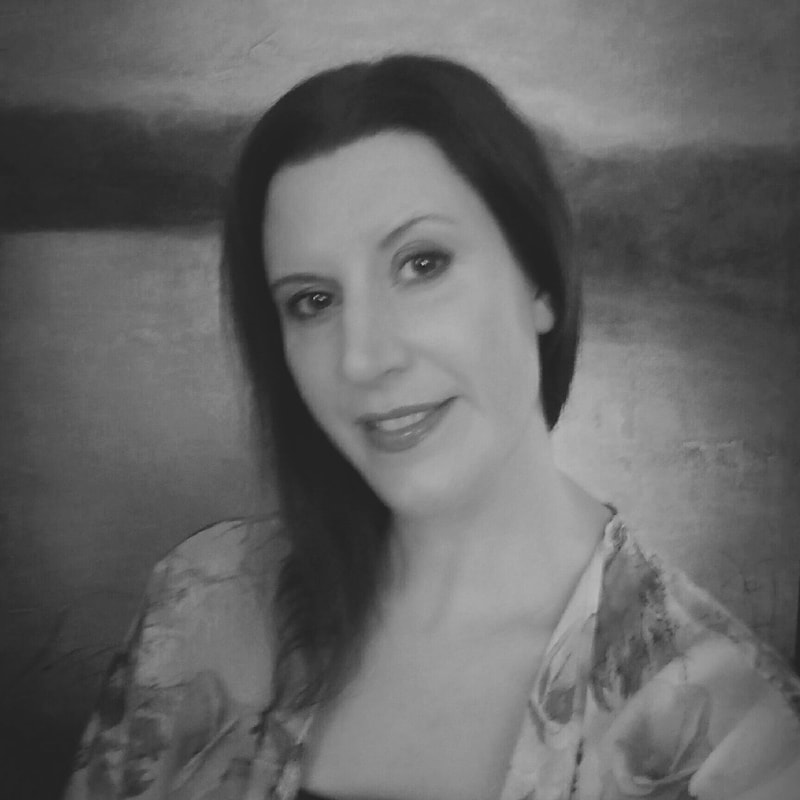Issue XXIX July 2019
Poetry from Australia
edited by Siobhan Hodge and Amy Lin
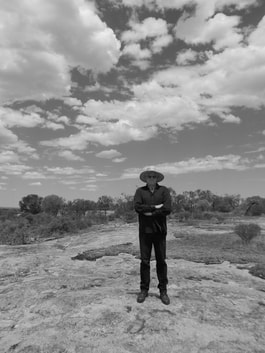 John Kinsella (Enchanting Poet) John Kinsella (Enchanting Poet)
Vegan, anarchist, pacifist poet, John Kinsella has published over thirty books and has been awarded many prizes. He is a Fellow of Churchill College, Cambridge University, and Professor of Literature and Environment at Curtin University. In 2007 he received the Fellowship of Australian Writers Christopher Brennan Award for lifetime achievement in poetry. Recent titles include Drowning in Wheat: Selected Poems (Picador, 2016), Graphology Poems 1995-2015 (Five Islands Press, 2016) and On the Outskirts (UQP, 2017). More recently he has collaborated with Charmaine Papertalk Green in writing False Claims of Colonial Thieves (Magabala, 2018).
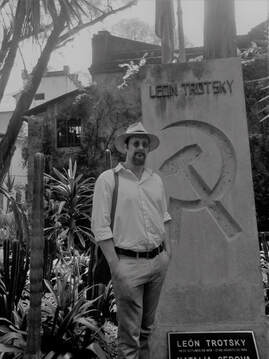 Louis Armand (Enchanting Poet) Louis Armand (Enchanting Poet)
Louis Armand is the author of ten novels, including The Combinations (2016), Cairo (2014; longlisted for the Dublin IMPAC Award), & Abacus (2015; a Sydney Morning Herald Pick of the Week). His collections of poetry include East Broadway Rundown (2015), The Rube Goldberg Variations (2015), & Synopticon (with John Kinsella, 2012). He is also the author of Videology (2015) & The Organ-Grinder’s Monkey: Culture after the Avantgarde (2013). He lives in Prague. www.louis-armand.com
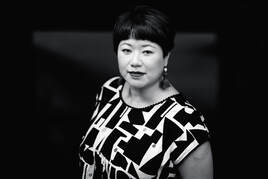 Eileen Chong (Editor's Choice) Eileen Chong (Editor's Choice)
Eileen Chong is a Sydney poet who was born in Singapore of Chinese descent. She is the author of eight books. Her work has been shortlisted for numerous prizes, including twice for the Prime Minister's Literary Awards. She is published by Pitt Street Poetry in Sydney, Recent Work Press in Canberra, and George Braziller in the USA. www.eileenchong.com.au
|
What is contemporary Australian poetry? In this issue of Enchanting Verses, our intention has been to showcase some of the diverse stylistic and thematic approaches being produced in Australia in the twenty-first century. The largest country in Oceania, Australia has a population of over 24 million, boasting an equally robust and rich seam of page and performance poetics running through the country. In this issue, we offer a sample of 25 poets from a range of backgrounds and stages in their literary careers. For some of our poets, this is their first of hopefully many publications. Some write in fragments, others choose free verse, blank verse, prose poetry, and performance poems. We have also aimed to showcase a variety of poets from across Australia, though many originate from Western Australia.
The chosen poets all stood out for selection for a range of reasons. Thematically and stylistically they offer a rich and complex variety of topics and techniques; from the personal to the political and a balance of both, to wry humour, philosophical statements and calls to environmental protection. While most poets present two individual pieces, we have also chosen to showcase two excellent collaborative groups - Matthew Hall and Sophie Finlay, and John Kinsella and Louis Armand - writing together to produce poems with complex layered voices. A diversity of form is showcased in Rebecca Trowbridge’s contributions, concise lyric poetry sitting alongside a prose-poem piece, demonstrating that Australian poetry can sit in both tight and expanded spaces. The likenesses between poetry and dance, and between poetry and music, are beautifully evoked in Jessica L. Wilkinson’s work, where words are met with physical movement, and precise timing. Some of our chosen poets embrace traditional forms, while others prefer free verse. Others use a more performance poetry approach. This selection echoes the multitudinous nature of Australian poetics, as well as the eloquent ability of poets to speak in a united front on central issues, particularly regarding the environment. Amongst this issue, many of our chosen poets deliver strongly immediate and personal themes. For example, Jenny Hetherington draws heavily on memory to present poems which are equal parts endearing, humorous and beautifully eloquent. Scott-Patrick Mitchell’s prosodic poems showcase flashes of intense emotional engagement, their sharpness is tempered by their conversational immediacy. Likewise, the apparent simplicity of Eileen Chong’s sensory verse belies the ideological concerns within. Priya Kahlon’s spare, poignant storytelling contrasts with the linguistic density of Nicole Sellers’ lyric mode, while Nadia Rhook and Robert Wood explore the quotidian with a similar attentiveness to the concrete. Significant personal experiences lend immediacy and an articulate sense of human connection in these works. Throughout this issue as well, there are precise poetics of conscience. The joy of Catherine Noske’s series, focused on the experience of walking the Bibbulmun Track in Western Australia, shifts between personal reflection and celebration of the natural space around the speaker. Rita Tognini reminds us that Australians can encounter the sublime when surrounded by the natural environment, the fauna and oceans that enclose in on our land. This conceit runs through Mark O’Flynn’s ‘In the Dunes’, where driftwood, grass, and urchins are torn and divided, as are the human subjects that observe them. Uniquely Australian landscapes feature across the chosen poems. Australian poetry often brings to mind classic ballads, invoking the bush, farming and roving lifestyles, and a personal that is coded with nationalistic pride. In the twenty-first century however, additional layers of complexity are increasingly engaged in these poetic examinations of Australian identity and Australians’ relationships with the land and its people. The complexity of the Australian environment is also a clear theme for several of our poets. Louis Armand and John Kinsella challenge commodification with a staunchly environmentalist edge to their collaborative prose poems. The violence of environmental pillaging is dragged to light and interrogated. On a similar path, Rosalind McFarlane examines the ways in which water and its manipulation infiltrates human-influenced environmental spaces in her selection of free verse poems. Central to all of the chosen poets’ works is a sensitive ability to balance the self and the outside world, without co-opting or exploiting either. It is important to acknowledge the significance of Indigenous writers in our literary landscape. Though this specific issue, regrettably, does not feature any Indigenous writers, Australian journals and presses show an increasing commitment to publishing a diversity of voices. This is an essential development, enhancing empathy and understanding between our varied cultural communities. Awareness of different perspectives is a necessary step towards the broader, on-going need within Australia for true reconciliation. As in sport, politics, business and other arts, representation is a crucial part of reducing prejudice. It gives a platform to those who have been marginalised, and to some extent still are. Aside from poetry by Aboriginal Australians, the twenty-first century is also witnessing a much-needed rise in publication of poetry of Australians from Asian, European, African and Middle Eastern backgrounds. In this respect, Australian poetry is continuing to become a more distinctly world poetry. Across these chosen works, we believe that a snapshot of some important veins in Australian poetry can be found. We would like to offer our sincere thanks to the poets who put forward their time and creativity, to be a part of this Australian poetry edition of The Enchanting Verses. We hope that you enjoy reading this issue as much as we enjoyed curating it. What is contemporary Australian poetry? In this issue of Enchanting Verses, our intention has been to showcase some of the diverse stylistic and thematic approaches being produced in Australia in the twenty-first century. The largest country in Oceania, Australia has a population of over 24 million, boasting an equally robust and rich seam of page and performance poetics running through the country. In this issue, we offer a sample of 25 poets from a range of backgrounds and stages in their literary careers. For some of our poets, this is their first of hopefully many publications. Some write in fragments, others choose free verse, blank verse, prose poetry, and performance poems. We have also aimed to showcase a variety of poets from across Australia, though many originate from Western Australia. The chosen poets all stood out for selection for a range of reasons. Thematically and stylistically they offer a rich and complex variety of topics and techniques; from the personal to the political and a balance of both, to wry humour, philosophical statements and calls to environmental protection. While most poets present two individual pieces, we have also chosen to showcase two excellent collaborative groups - Matthew Hall and Sophie Finlay, and John Kinsella and Louis Armand - writing together to produce poems with complex layered voices. A diversity of form is showcased in Rebecca Trowbridge’s contributions, concise lyric poetry sitting alongside a prose-poem piece, demonstrating that Australian poetry can sit in both tight and expanded spaces. The likenesses between poetry and dance, and between poetry and music, are beautifully evoked in Jessica L. Wilkinson’s work, where words are met with physical movement, and precise timing. Some of our chosen poets embrace traditional forms, while others prefer free verse. Others use a more performance poetry approach. This selection echoes the multitudinous nature of Australian poetics, as well as the eloquent ability of poets to speak in a united front on central issues, particularly regarding the environment. Amongst this issue, many of our chosen poets deliver strongly immediate and personal themes. For example, Jenny Hetherington draws heavily on memory to present poems which are equal parts endearing, humorous and beautifully eloquent. Scott-Patrick Mitchell’s prosodic poems showcase flashes of intense emotional engagement, their sharpness is tempered by their conversational immediacy. Likewise, the apparent simplicity of Eileen Chong’s sensory verse belies the ideological concerns within. Priya Kahlon’s spare, poignant storytelling contrasts with the linguistic density of Nicole Sellers’ lyric mode, while Nadia Rhook and Robert Wood explore the quotidian with a similar attentiveness to the concrete. Significant personal experiences lend immediacy and an articulate sense of human connection in these works. Throughout this issue as well, there are precise poetics of conscience. The joy of Catherine Noske’s series, focused on the experience of walking the Bibbulmun Track in Western Australia, shifts between personal reflection and celebration of the natural space around the speaker. Rita Tognini reminds us that Australians can encounter the sublime when surrounded by the natural environment, the fauna and oceans that enclose in on our land. This conceit runs through Mark O’Flynn’s ‘In the Dunes’, where driftwood, grass, and urchins are torn and divided, as are the human subjects that observe them. Uniquely Australian landscapes feature across the chosen poems. Australian poetry often brings to mind classic ballads, invoking the bush, farming and roving lifestyles, and a personal that is coded with nationalistic pride. In the twenty-first century however, additional layers of complexity are increasingly engaged in these poetic examinations of Australian identity and Australians’ relationships with the land and its people. The complexity of the Australian environment is also a clear theme for several of our poets. Louis Armand and John Kinsella challenge commodification with a staunchly environmentalist edge to their collaborative prose poems. The violence of environmental pillaging is dragged to light and interrogated. On a similar path, Rosalind McFarlane examines the ways in which water and its manipulation infiltrates human-influenced environmental spaces in her selection of free verse poems. Central to all of the chosen poets’ works is a sensitive ability to balance the self and the outside world, without co-opting or exploiting either. It is important to acknowledge the significance of Indigenous writers in our literary landscape. Though this specific issue, regrettably, does not feature any Indigenous writers, Australian journals and presses show an increasing commitment to publishing a diversity of voices. This is an essential development, enhancing empathy and understanding between our varied cultural communities. Awareness of different perspectives is a necessary step towards the broader, on-going need within Australia for true reconciliation. As in sport, politics, business and other arts, representation is a crucial part of reducing prejudice. It gives a platform to those who have been marginalised, and to some extent still are. Aside from poetry by Aboriginal Australians, the twenty-first century is also witnessing a much-needed rise in publication of poetry of Australians from Asian, European, African and Middle Eastern backgrounds. In this respect, Australian poetry is continuing to become a more distinctly world poetry. Across these chosen works, we believe that a snapshot of some important veins in Australian poetry can be found. We would like to offer our sincere thanks to the poets who put forward their time and creativity, to be a part of this Australian poetry edition of The Enchanting Verses. We hope that you enjoy reading this issue as much as we enjoyed curating it. Siobhan Hodge and Amy Lin |
